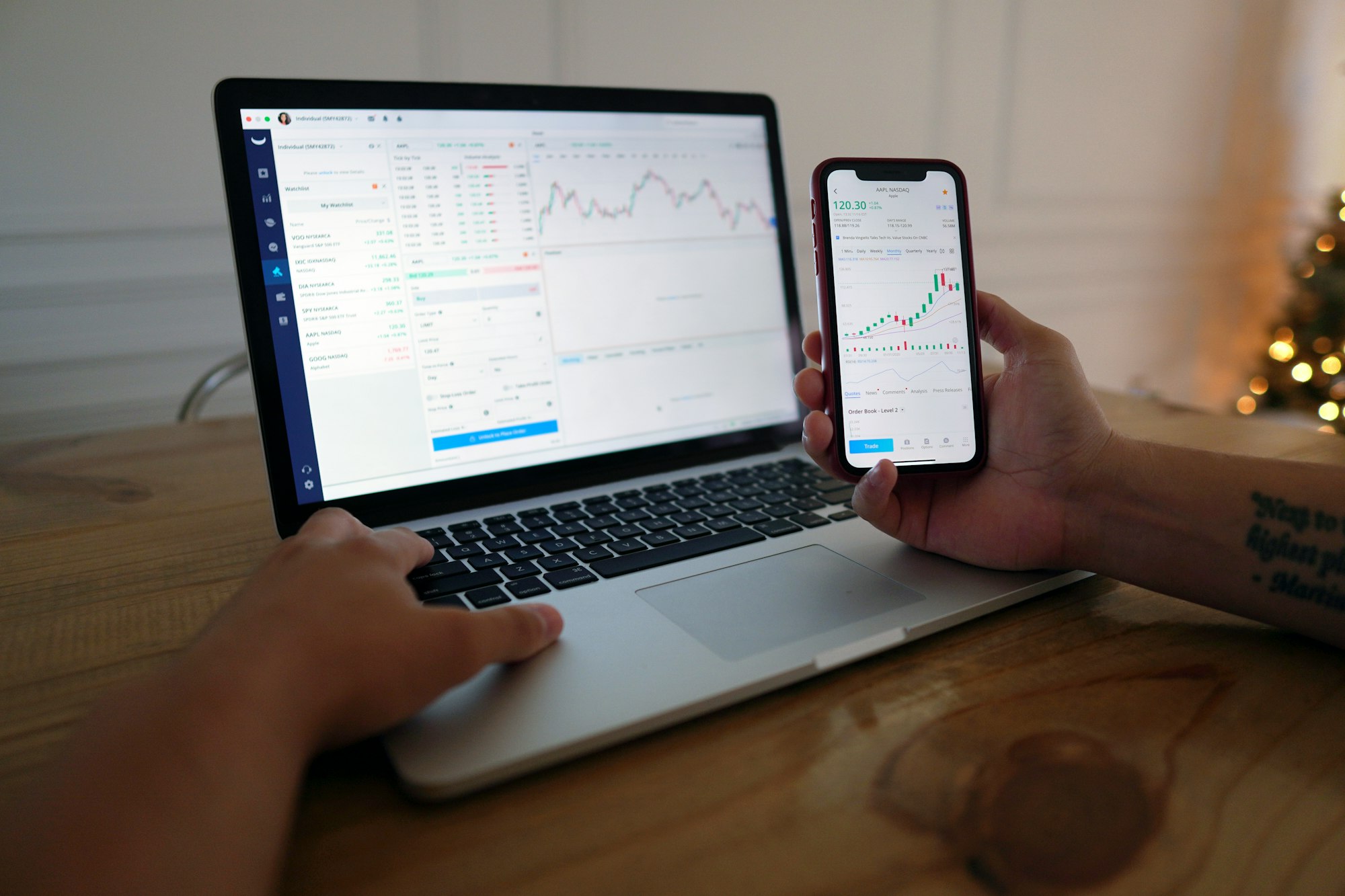Surprise! Grandma proved you were her favorite with a gift of $10,000. After saying yes to the extra guac, you’ve got a lot left over. What are you going to do with it?
If you’re like most people, you’ll stash it in the bank, according to a new MagnifyMoney survey. About 20% of those surveyed said they’d simply deposit it in their checking account.
Another 21% said they’d sock it in a traditional savings account. Gen Xers and millennials, meanwhile, are most likely to simply keep cash stuffed in a jar somewhere.
But these options make it less likely that you’ll be the cool grandma (or grandpa) one day because you’re missing out on ways to earn better interest on your money. When deciding where to keep your cash, you’ll want to figure out how to make it work for you.
Know Where Your Money Goes
When you invest in public companies in a money market or retirement account, for example, you reap the rewards when the value of the company grows. For savings and checking accounts, your reward will be the bank giving you interest.
The problem is that interest from the bank comes from those suits in corner offices investing in ventures — with your money — that you can’t choose. It was only recently that all U.S. banks finally agreed not to invest any longer in destructive drilling in the Arctic Circle.
If you put Grandma’s gift in a checking or savings account at your bank, you may be supporting factory farming. That’s no good if you’re vegan.
Avoid Crummy Interest Rates
What’s more, the sad reality is that most places you might look first have pretty pathetic interest rates. If your interest rate is less than the average inflation rate — that’s 1.91% on average from 2016 to 2019 — you’ll be losing money.
According to the FDIC, the average savings account interest rate is just 0.05%. Checking accounts with interest yield 0.04%. Compare this to the S&P 500 Index, which is a benchmark for investment growth in the American stock market. Investment firm Goldman Sachs crunched the data to predict an average growth rate of 6% in the next decade.
What does this mean for the windfall from Grandma? In 10 years, if you leave that money in place, the savings account will earn you $50.11, the checking account will get $40.07 ... and investments will bring in an average of $8,194. Now that’s a lot of avocados.
The Power of Compound Interest
The reason investments grow so exponentially over a decade and longer is a concept known as compound interest. Compared to simple interest, which would be calculated only on the original amount of Grandma’s $10K, compound interest is calculated on both the interest and the principal.
The point? The longer you have to invest, the more your money will work for you. That means the earlier you start saving your money in strategic investments, the more you’ll have when it’s time to retire.
So many people have missed an investment opportunity, often in fear that they won’t be able to access their money when they need it. But smart investments beyond a traditional savings account, checking account, or socked-away roll of cash will help you take control of your money — and your guacamole-filled dreams of the future.
 Blog
Blog
